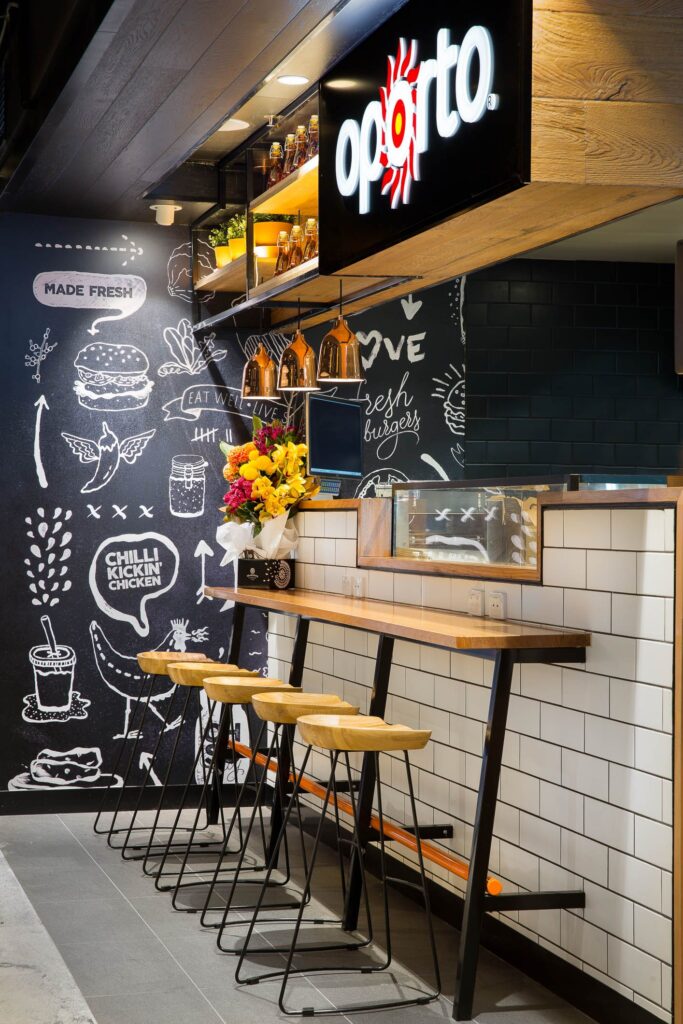
What do Oporto, Chicken Treat and Red Rooster have in common? Other than the obvious menu ingredient, chicken, these three homegrown Aussie food franchisees all share a parent company, Craveable Brands.
The Western Australian heritage brand Chicken Treat, Bondi-born, Portuguese-influenced Oporto and family-roast favourite Red Rooster have been aligned as a group for some years now.
Today the over-arching business is owned by PAG Asia Capital which purchased the three-chain operation in a private equity buyout in July 2019.
There are several examples of well-known Australian franchised brands operated by one parent company, sometimes with private equity involvement.
Juice and smoothie favourite Boost Juice is one. The iconic store chain started by Janine Allis (a Shark Tank regular) is the flagship brand at Retail Zoo. This multi-brand business is part-owned by Janine and Jeff Allis, and private equity firm Bain Capital.
Also in the Retail Zoo stable are Betty’s Burgers, Cibo Exresso and Salsa’s.
So what are the benefits of multi-brand ownership for franchisees?
When multi-brand business works
For starters, these big businesses tend to be well-resourced so can invest in developing products and markets that boost their brands.
In a multi-brand business some resources can be shared – IT for instance – which allows all the brands to benefit from lessons learned in product development and rollout.
They are likely to have access to some serious business skills among the corporate team; they will probably have a good understanding of, and implementation of, top notch advertising campaign strategies.
Good results flow when the high level corporate experience of the private equity firm or board is matched with the hard-won experience of the franchising management team.
Because franchising is a personal business. It’s important that the day-to-day challenges of operating a small business are not overlooked in a rush to fulfil a grand corporate mission.
Costs are crucial in any franchise, never more so than in a food business which is challenged by leasing, labour and costs of goods. So franchisees whose franchisors use their multi-brand power to obtain great lease deals and work towards good profit levels for franchisees, have an advantage.
When it is done well, large scale franchising delivers investment, resources and strategy that allows franchisees to optimise their business potential.

